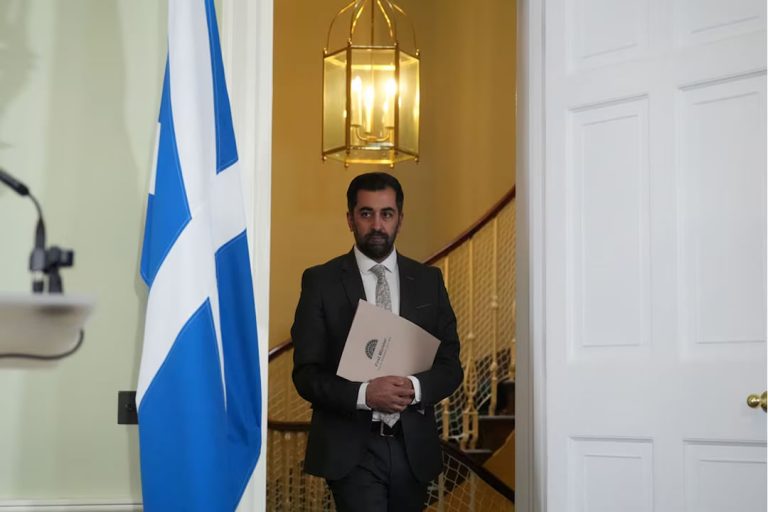At a press conference held on July 2, Gao Feng, a spokesman for the Ministry of Commerce, responded to a series of discriminatory practices recently adopted by India against Chinese enterprises. Gao pointed out that India’s relevant practices violate the relevant WTO rules and India’s commitments in the WTO, and hopes that India will immediately correct relevant discriminatory practices against China and Chinese enterprises.
Summit said that the success of China India Economic and trade cooperation today is the result of the joint efforts of the governments and enterprises of the two countries and is in line with the fundamental interests of the two peoples. China attaches great importance to strengthening practical cooperation with India in various fields, and hopes that both sides will meet each other, earnestly implement the economic and trade consensus reached by the leaders of the two countries, promote the healthy and stable development of bilateral economic and trade cooperation, and make efforts to realize the common prosperity of the two countries and the region.
In addition, Gao Feng clarified the media’s question that “due to the tense border situation between China and India, some media reported that both countries are constantly strengthening import regulations and suppressing each other’s export goods”. He said that China has not taken any restrictive and discriminatory measures against India’s products and services.
Previously reported:
India banned 59 Chinese apps, and the Indian media bluntly said that it might hurt the enemy 100 and lose 1000
Recently, there is an upsurge of resistance to “made in China” in India. This time, China’s software is being used again.
On the 29th, the Indian government announced that it would ban 59 apps from China, including Tik tok, wechat, UC browser, and even universal scan king, the times of India reported. Although it is not named for Chinese enterprises, the vast majority of the banned software is developed by Chinese enterprises.
The reason is that, for “security” reasons, these applications are considered to be detrimental to India’s national sovereignty, national defense, national security and public order.
List of banned apps in India source: India Express
The governor of Chang’an Street noticed that some Indian media said it might be a way to “hurt the enemy 100 and lose 1000”.
According to an article published by the times of India, in view of the current economic situation of the two countries, boycotting made in China will only further harm India. India’s share of China’s exports is small, and the boycott will not have much impact on China, the article said.
Among the banned software, Tik tok may have the greatest impact on Indians.
Tiktok, Tik Tok, has been popular with overseas users in recent years. Indians are even more fond of the software. According to the guardian, Tik tok has more than 200 million users in India, is one of the most downloaded software in the country, and has even occupied the central position of Indian popular culture.
Tik tok’s active users in India are mostly teenagers in their 20s. During the outbreak, the number of Tik tok downloads and usage in India also increased rapidly. With Tik tok, many Indian youth have become “Internet celebrities” with tens of millions of fans.
With Tik tok becoming popular in overseas markets, this software has become a thorn in the eye of many politicians with ulterior motives.
In April last year, the high court of Chennai, India, and the Ministry of electronics and communications technology issued an injunction against Tik tok and then lifted it. U.S. lawmakers also questioned the data security of Tik tok last year.
In response, Tik tok issued a statement saying that all data of the software are stored in the United States, and there is no so-called security problem.
Recently, India has set off an upsurge of “boycotting China”, ranging from millet mobile phones, to Chinese made TV sets, and even to Chinese food, which is widely loved by people all over the world.
According to reports, India’s largest Hotel Association announced that its more than 3000 hotels and restaurants will be banned from receiving Chinese citizens.
The Indian government has repeatedly “ended up”. On the 28th local time, the press trust of India announced that it would strictly inspect power equipment purchased from China to confirm whether there are malware and Trojan horses.
According to the guardian, the Indian government has announced higher import tariffs on more than 300 Chinese products and restrictions on Chinese companies bidding for Indian Telecom projects.
In response to a series of recent “boycott” actions by India, foreign ministry spokesman Zhao Lijian said at a regular press conference on June 19: “I want to reiterate that the merits and demerits of the serious situation in the Galvan valley are clear, and the responsibility lies entirely with the Indian side. The two sides are maintaining communication on easing the situation through diplomatic and military channels. China attaches great importance to China India relations and hopes that India and China will face each other and jointly safeguard the overall situation of the long-term development of bilateral relations. “
















+ There are no comments
Add yours